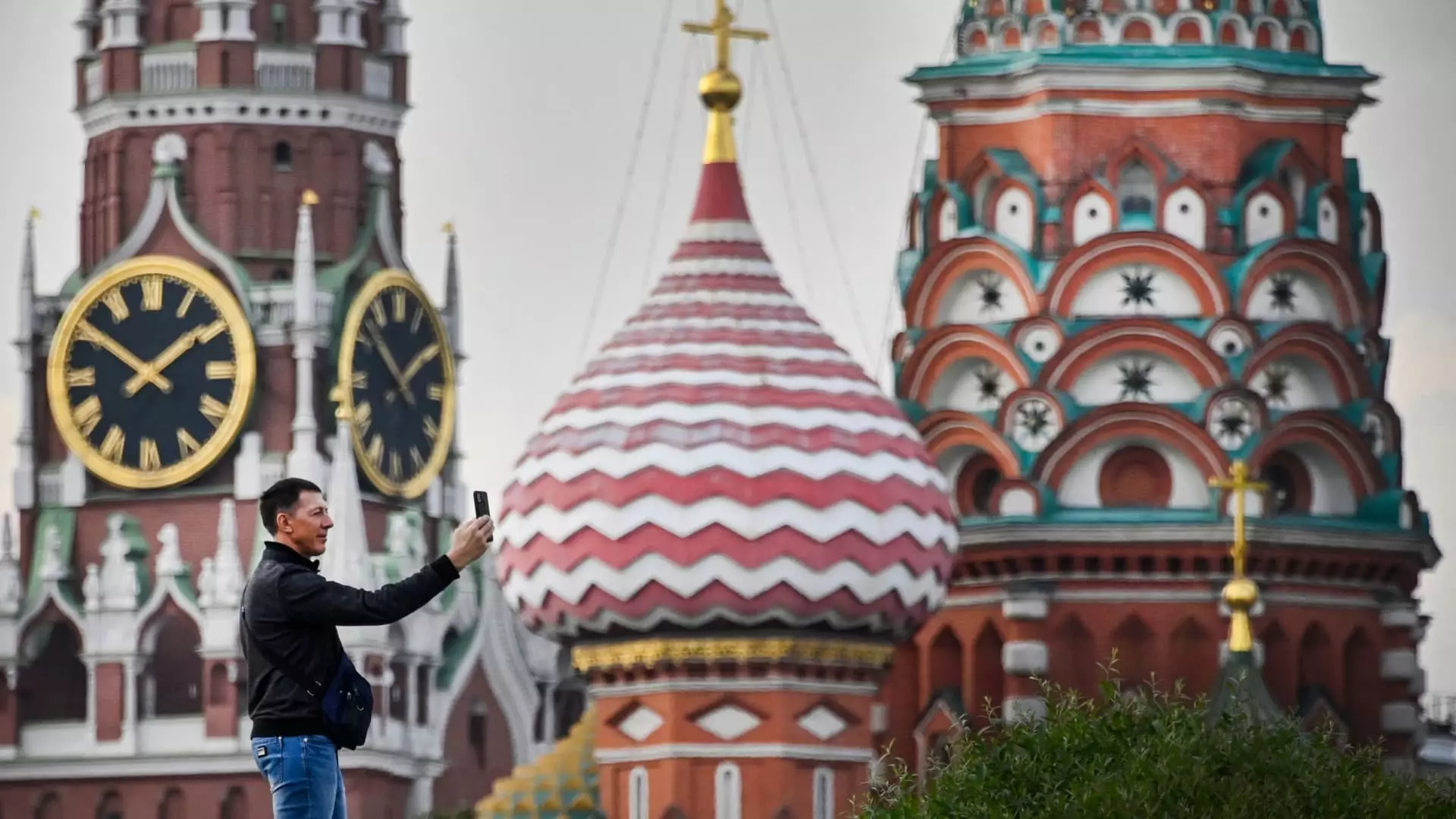Recently, the Kremlin denied accusations of waging a disinformation campaign against France, President Emmanuel Macron, and the 2024 Olympic Games in Paris. The Microsoft Threat Analysis Center (MTAC) has claimed that Russia is intensifying its malign disinformation campaigns, targeting various entities related to the upcoming Olympic Games. According to MTAC, these operations are driven by a combination of traditional tactics and artificial intelligence, with the aim of tarnishing the reputation of the International Olympic Committee (IOC) and instilling fear of violence at the Games.
The Kremlin’s Press Secretary, Dmitry Peskov, dismissed the allegations made by MTAC as mere slander without any factual basis. He labeled the accusations as baseless criticism that is detached from reality and amounts to nothing more than slander. Peskov’s reaction highlights the ongoing tensions between Russia and Western nations, particularly in the aftermath of the conflict in Ukraine. Furthermore, Russia’s strained relationship with France, exacerbated by President Macron’s comments on potential military involvement in Ukraine, further complicates the situation.
The backdrop of Russia’s contentious history with the Olympic Games, particularly concerning the ban on Russian and Belarusian athletes competing under their respective flags due to the situation in Ukraine, adds another layer to the current situation. While Russian and Belarusian athletes can participate as neutral competitors, stringent restrictions imposed by the IOC have fueled Russia’s grievances and deepened its perceived victimhood narrative in the face of Western criticism.
Russia’s pro-Kremlin media outlets have seized upon President Macron’s statements regarding potential ground troop deployment in Ukraine, framing them as incendiary and provocative. The media’s portrayal of Macron’s comments as a threat to Russian interests underscores the ongoing power struggle between Russia and Western nations. The narrative of “Russophobia” propagated by Russian media aims to delegitimize Western criticism and portray Russia as a target of unwarranted attacks, both in the realm of sports and geopolitics.
In a bid to counter the narrative of misinformation against Russia, the Russian Embassy in Paris called upon French authorities to halt what it perceives as an anti-Russian information campaign in the media. The embassy’s demand for action and protest against alleged Russophobic sentiments reflects Russia’s defensive stance in response to external scrutiny. The escalating tensions between Russia and France, as well as broader geopolitical implications, have contributed to a climate of mistrust and animosity between the two nations.
The allegation of a disinformation campaign by the Kremlin underscores the complex dynamics at play in the realm of international relations and information warfare. The denials, accusations, and counter-narratives put forth by various actors reveal a multifaceted struggle for influence, power, and legitimacy in an increasingly interconnected world. As tensions persist and rhetoric escalates, the need for nuanced analysis and critical engagement becomes paramount in deciphering the true motives and implications behind such incidents.



Leave a Reply